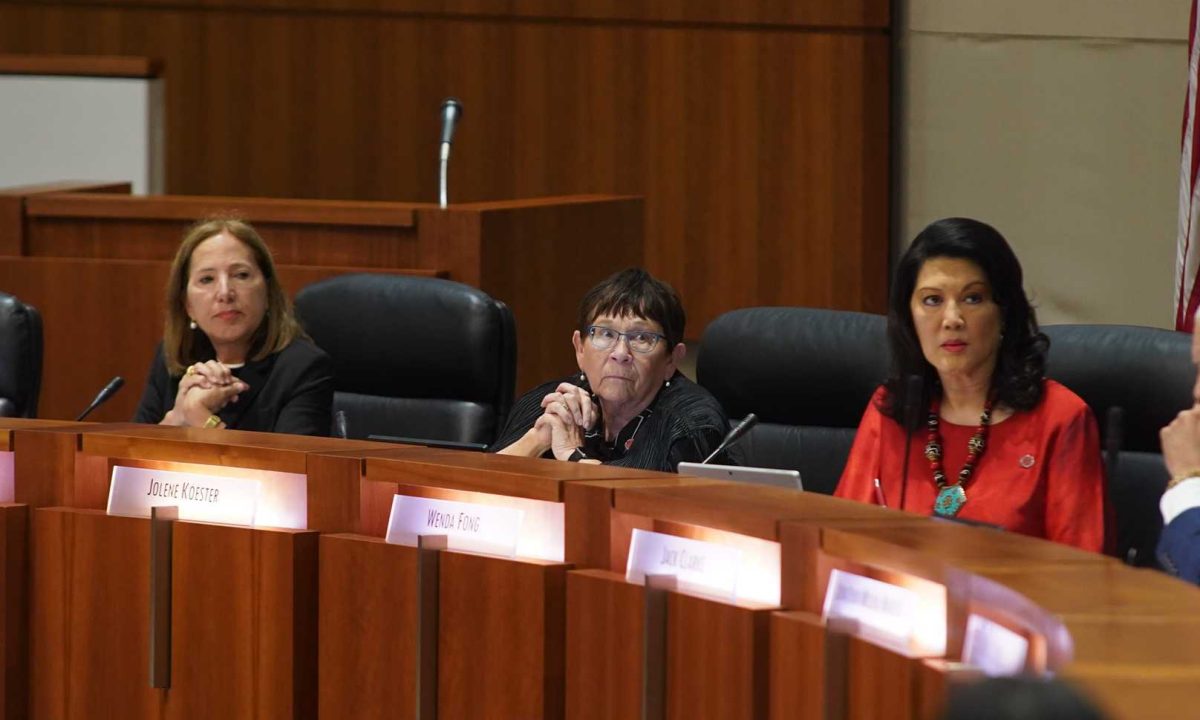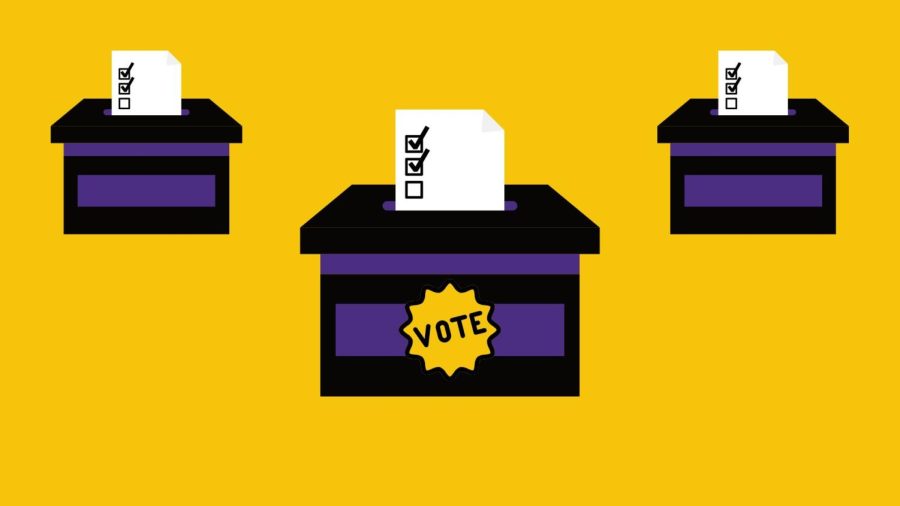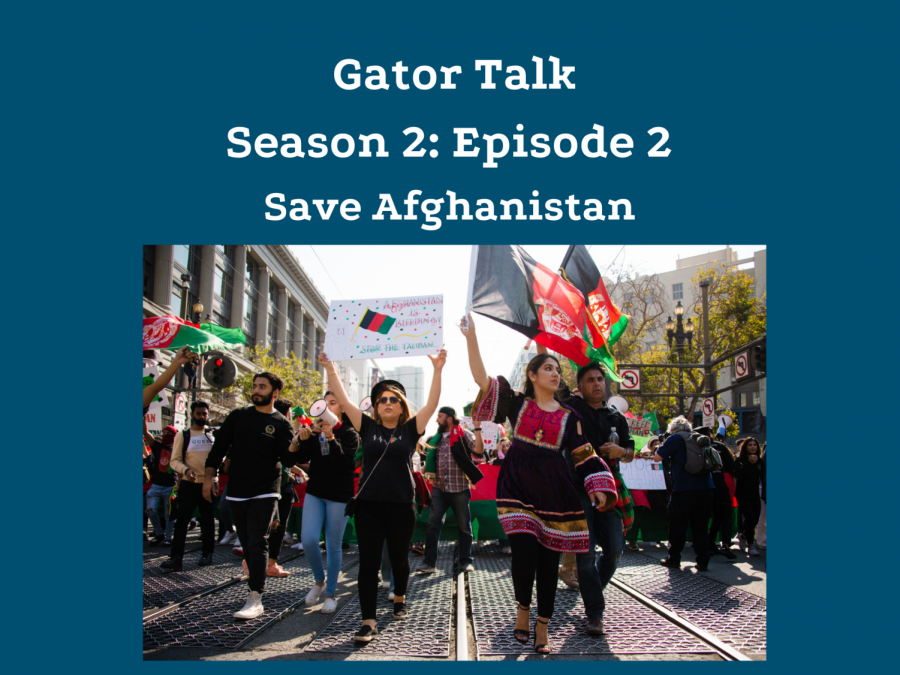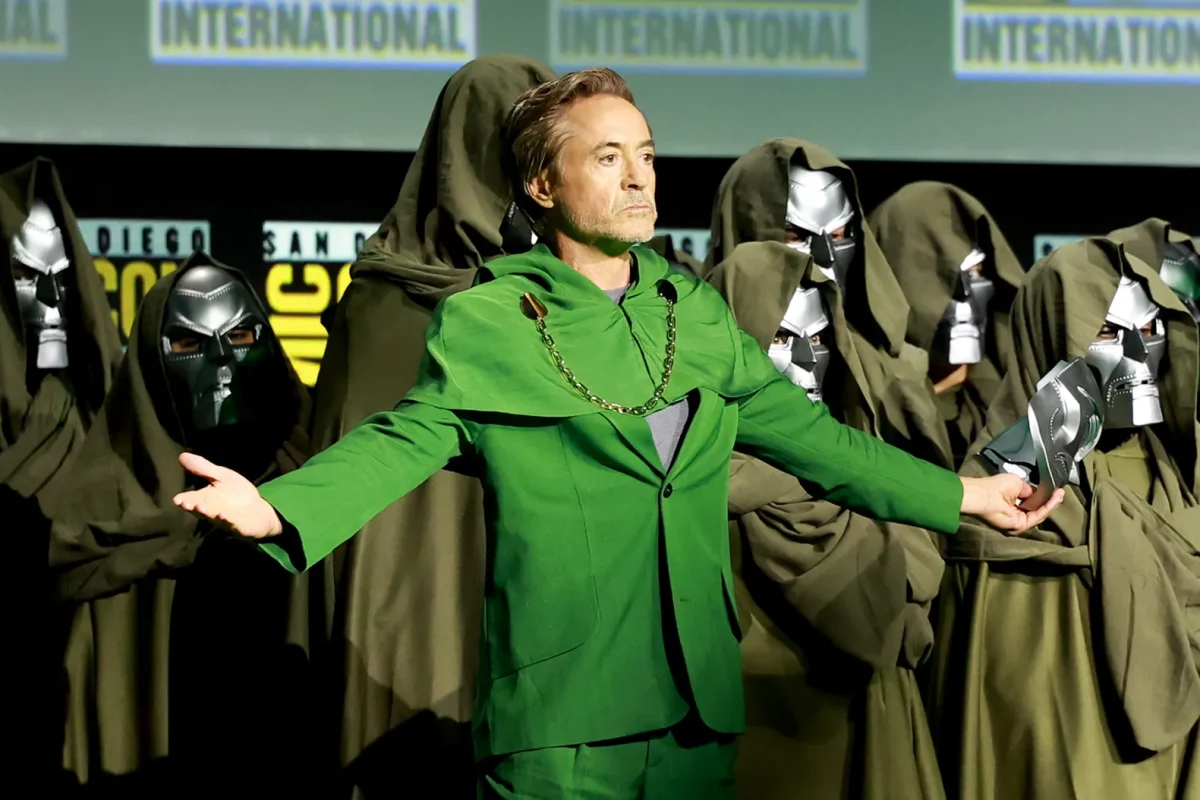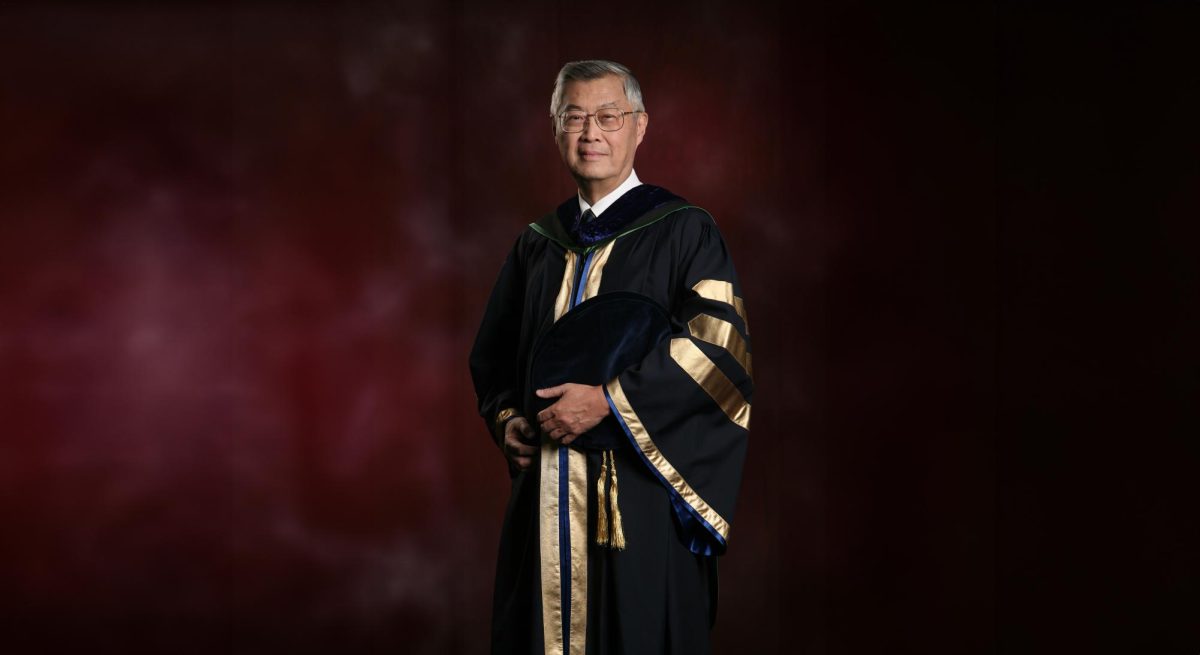The SF State strikers in 1968 sought to include more diversity in a whitewashed curriculum and to pressure the university to hire more professors and administrators who represent marginalized communities.
Fifty years later, the newly-elected SF State Black Student Union coordinator says the music he creates is in direct alignment with the energy of that strike.
“I like to call my music revolutionary political propaganda hip-hop with a conscious,” Damion Square said. “I don’t rap just to rap. Everything in there is intentional and everything comes from my heart.”
Professor Dr. Maria Ifetayo Flannery inspired Square to change his major from theater to a double major in Africana studies and Broadcast and Electronic Communications Arts.
Square presented his research into hip hop exploration as a means of education in Atlanta, Georgia at a National Council of Black Studies convention last spring.
“Damion was addressing some of the problems he felt the black community is facing,” Flannery said, “and how the information in Africana studies and the medium of hip-hop music can be used to generate pan-Africanism and cross-national participation of black people everywhere to build solidarity and to elevate the community.”
According to a Neilson report this year, hip-hop surpassed rock as the most listened to genre worldwide.
Square said this helps spread knowledge to a much larger base than was possible back in 1968, and music is a perfect way to spread a message of solidarity.
“The whole planet is dancing to music the descents of slaves created in this country,” he said. “So my whole thing about calling this album ‘N.I.G.G.A spirituals,’ is taking it back to our foundation — giving slaves a route to freedom. The ancestors are the ones who told me to make this album.”


He said he hopes his music and activism with the BSU can rally student organizations together and speak to power as a unified voice and build upon the legacy of the 1968 strikers.
“I feel the energy brewing around campus,” he said. “The BSU and Third World Liberation Front and other groups were students working in unison back then. These were students who formed a coalition to move forward as a unified front to get things done.”
Divine Intervention
After being fired from his desk job, Square said he couldn’t afford to pay rent.
Square, now 28 years old, was forced to live out of his car while finishing the last few classes he needed to transfer to SF State from Santa Rosa Junior College last year.
“I wrote while in desperation,” Square said. “I was going days without drinking much water or eating. I was literally talking to myself in that car.”
At that point in this life, he asked himself, “Why am I in this situation?’”
His ancestors responded. He said the answer that was given to him was to meld his passion for music, poetry and prose to dismantle systemic racism that targets marginalized minority groups.
“In my deranged state of mind, I said I’m gonna start my own record label and use that label as a platform to speak truth to power,” he said. “That’s when I started to write music.”
Looking back now as a Africana Studies major, rising black hip-hop artist and newly elected Black Student Union coordinator at SF State, he said his path could only have been carved through divine intervention.
He transferred to SF State as a junior from SRJC in Fall 2017 as a theater major. But he said when he was introduced to Africana studies, he changed his major.
“I had no idea of the rich historical legacy that students have on this campus in terms of activism,” Square said. “The BSU and Africana studies, I never knew about them. So when I came here, it was an introduction.”
Flannery said Square impressed her with his knowledge and communication skills from the first day of class.
“Damion came to my class already well-read and very serious about exceeding in his scholarship, making a difference on his campus and in the community,” she said. “He is always present, very timely, vocal and always prepared.”
Flannery said she went to see him perform at The Depot on the bottom floor of the Cesar Chavez Student Center with other faculty members and students.
“A lot of folks from class showed up,” she said. “And when he started I was like, ‘Woah! This is greater than I could have imagined.’ He’s an amazing artist.”
Since transferring, Square said the material he’s learned in class has inspired him to continue producing music that speaks to people who have experienced harassment, violence or discrimination based on the color of their skin.
Spitting truth
Square’s 2018 debut album “N.I.G.G.A Spirituals Vol 1.,” and his seven-song ep “Strugg Life,” are featured on Spotify, iTunes, Tidal and Pandora under his name.
The album title is a reworking of “negro spirituals.” He said these were songs that acted as codified messages to guide African slaves from the plantations to the North.
He said replacing the word “negro” with the acronym is an homage to Tupac Shakur’s reversal of the hateful word into “never ignorant about getting goals accomplished.”
Tachell Herron-Lane, Associated Students Inc. vice president of university affairs and an SF State BSU alumna, said when she heard his album, she included it into her history course for students to analyze.
“What we do every Tuesday is listen to a track and we interpret it and base it on current events,” Herron-Lane said. “I use his music as a way to educate students. I teach millennials, and the majority of his songs talk about what they learn in class.”
The cover reworks an infamous photo called “Gordon,” a slave from Baton Rouge who escaped a plantation to enlist in the Union army during the Civil War.
Square said the graphic imagery of his album cover art harkens back to the techniques black newspapers used to promote abolition of slavery and denounce racism. Each song is a response to institutionalized racism, he said.
The image is of Square in a chair exposing his bare back with a web of scars caused from lashes, while turning his face towards the camera and holding up a fist with a handcuff.
“The cover of the album is a little graphic,” Herron-Lane said. “However, you cannot cover up the truth. When I first saw it I said, ‘Oh my god.’ You don’t see this kind of album art in 2018, however you do see young men like Eric Garner and Trayvon Martin being gunned down and lined in chalk.”
Square’s album, which contains 13 tracks, touches on topics of police brutality, lingering effects of slavery, racism, the war on drugs, and how black women are poorly portrayed and often demeaned in mainstream media.
He said he is working with another BSU coordinator, Symone Sherrell, to gather volunteers to be a part of a music video that will be filmed on campus for his song “Black Queen.”
“It’s an ode to all the beautiful, melanin feminine black beauties that inhabit not only this school, but the globe,” Square said.
Herron-Lane said this is her second favorite song in the album. She said he uplifts and respects women when he speaks at BSU meetings, other campus events or in private.
“Even though he knows the word, I don’t think ‘bitch’ is in his vocabulary,” she said. “He’s a symbol of the BSU and where music should be going. He is a symbol and sometimes it’s heavy, but with an open heart and mind and ethnic studies background you can hear each verse is truth.”
Square said he is still working on getting people to be a part of the video and he plans to start filming this semester.
People who are interested in being in the music video can reach out to him on his Facebook, or at his Instagram @itsdsquare.
Reviving Roots Moving Forward
Square transferred from SRJC after serving a term as the BSU president, in which he helped reinstate the student organization that had been dormant.
While he was a student at SJRC, he and other BSU members fundraised more than $18,000 by selling pastries to fund a trip to Tanzania, Africa to build churches.
Originally from Alabama, he said moving to the Bay Area after high school gave him the insight into the roots of the systemic racism he’s experienced his whole life.
“Coming to California, I was a young, naive, black male who didn’t understand the systemic nature of racism,” he said. “I didn’t know there were all kinds of barriers set up to prevent you from accessing resources and equal opportunity with employment.”
Square experienced this first hand when he was fired from his job at Verizon when he confronted an employee who kept using the word, “nigga.”
When he confronted his coworker, his coworker reported him to human resources claiming that Square threatened him. He was fired and lived in his car for weeks on end.
After advice from Flannery, he filed a discrimination lawsuit and won. He said he was able to help fund his debut album with the monies he was awarded from the suit.
He said having to live out of his car for a while may have been part of his path to realize that he can achieve success.
“I had to go through hell to get mental clarity,” he said. “The drive and that insatiable hunger to get that message out and tell my story regardless of my circumstances was realized in that car.”
He said his experiences helped him shape his worldview, music and his activism.
“I know I want to get a Phd, teach hip-hop studies,” he said. “I want to use hip-hop as a liberation tool to uplift, empower and inspire humanity, and particularly the black collective.”





